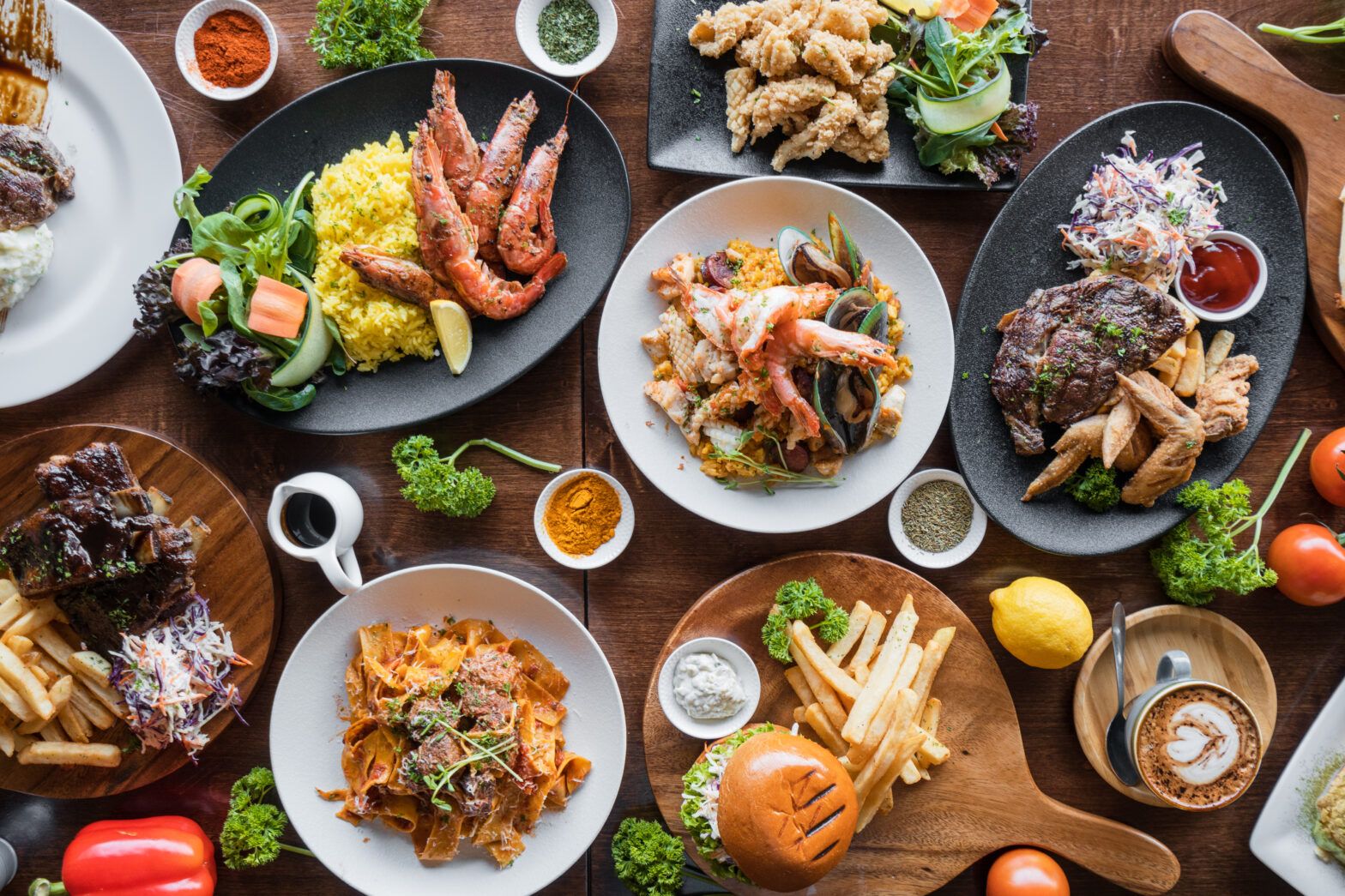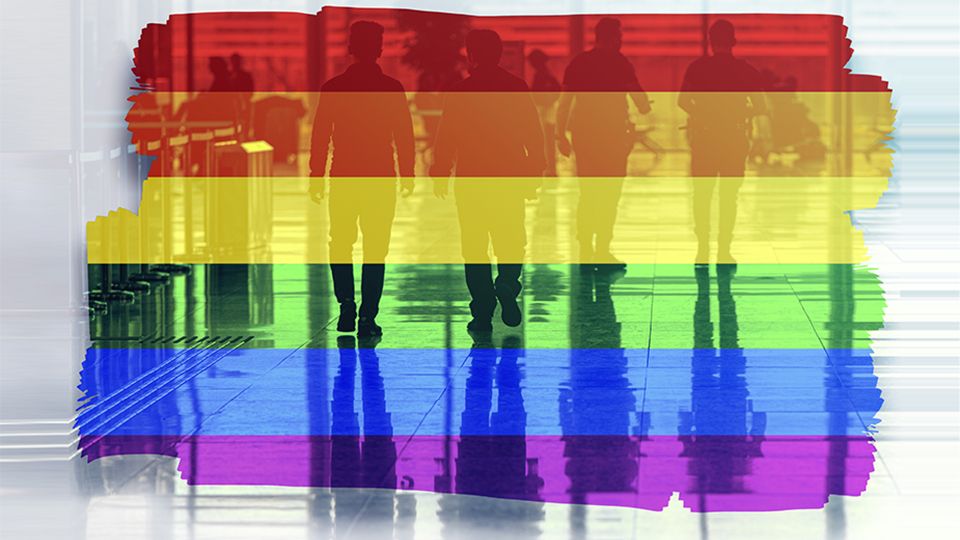Just two of the world’s largest food and drinks companies score more than 50% when it comes to spotting and dealing with the risks of forced labour and human rights abuses in their supply chains.
A benchmark report of 60 of the world’s largest food and drinks companies by KnowTheChain, a project from the Business & Human Rights Resource Centre, found an average score of 16/100 across the board when it comes to tackling forced labour risks in supply chains.
It found companies were failing to identify and prevent abuses, particularly when it comes to migrant workers, who are frequently hired at these companies. For example, a third of supermarkets have yet to disclose a policy that prohibits worker-paid recruitment fees in their supply chains. These included Carrefour, Metro and Kroger.
See also: – Human rights disclosure? Don’t take companies’ word for it
According to the International Labour Organisation, there are currently 27.6 million people in situations of forced labour in the world, with agriculture representing the fourth largest share of forced labour by sector globally.
Despite this, KnowTheChain found more than a third (37%) of the companies it benchmarked have yet to disclose how they carry out a human rights risk assessment on their supply chains, including meat companies Hormel, which scored just 9/100 on this measure; JBS, which scored 4/100; Tyson (3/100) and WH Group (0/100).
Companies perform particularly poorly on when it comes to preventative measures, such as: supporting freedom of association and collective bargaining, incorporating the voices of workers into due diligence processes (9/100) and remedy efforts, including fee repayments and remediating harm to workers (6/100).
“At a time when forced labour risks are being exacerbated by the converging geopolitical, economic and climate crises, it is alarming to see how little is being done by companies to protect the workers in their supply chains,” commented Áine Clarke, head of KnowTheChain and investor strategy, Business & Human Rights Resource Centre.
10 food and beverage companies scoring highest on forced labour concerns in 2023
| Name | Score (/100) |
| Woolworths | 56 |
| Tesco | 52 |
| The J.M. Smucker Company | 47 |
| Coles Group | 46 |
| Unilever | 42 |
| Sainsbury | 38 |
| The Hershey Company | 38 |
| Nestle | 36 |
| Wilmar International | 34 |
| Walmart | 33 |
10 food and beverage companies scoring lowest on forced labour concerns in 2023
| Name | Score (/100) |
| Want Want China Holdings | 0 |
| Vietnam Dairy Products | 0 |
| Foshan Haitian Flavouring and Food | 0 |
| WH Group | 0 |
| Inner Mongolia Yili Industrial Group | 0 |
| Yakult Honsha | 1 |
| China Mengniu Dairy | 1 |
| Kikkoman | 1 |
| Saputo | 2 |
| Fomento Economico Mexicano | 3 |
Investor action
Clarke added companies’ failure to act on human rights risks increases their chance of legal, financial and reputational consequences, and suggested recommendations for investors.
The report suggested investors set up an internal due diligence process to ensure there are human rights processes in place at the companies they invest in. It also recommended they adopt a stewardship policy and voting guidelines that specifically call for respect for labour rights, as defined by ILO conventions with no tolerance of forced labour.
Engagement priorities should include: expectations on improved disclosure and effective due diligence, particularly related to workers voice, risk assessments, risk mitigation plans, and access to remedy and remedy outcomes for workers; and commitment to escalation for persistent non-improvement.
Finally it highlighted some of the existing forced labour collaborative investor engagement initiatives out there such as CCLA’s Find it, Fix it, Prevent it; Rathbones’ Votes Against Slavery; and the FAST Initiative.







